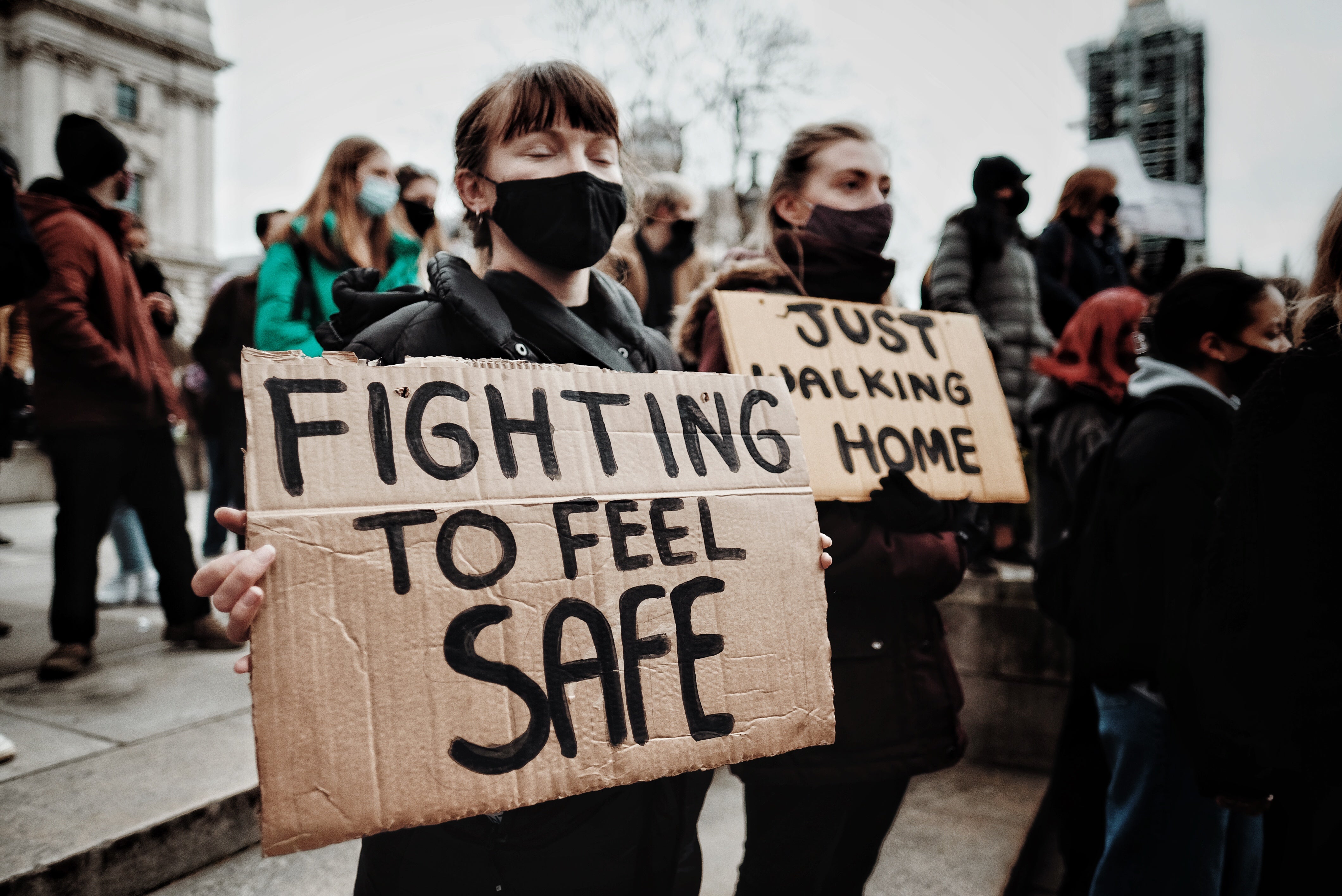Social media giants failing to tackling online misogyny could face huge fines under new law
According to Amnesty International, one in five UK women have experienced online abuse or harassment

Your support helps us to tell the story
From reproductive rights to climate change to Big Tech, The Independent is on the ground when the story is developing. Whether it's investigating the financials of Elon Musk's pro-Trump PAC or producing our latest documentary, 'The A Word', which shines a light on the American women fighting for reproductive rights, we know how important it is to parse out the facts from the messaging.
At such a critical moment in US history, we need reporters on the ground. Your donation allows us to keep sending journalists to speak to both sides of the story.
The Independent is trusted by Americans across the entire political spectrum. And unlike many other quality news outlets, we choose not to lock Americans out of our reporting and analysis with paywalls. We believe quality journalism should be available to everyone, paid for by those who can afford it.
Your support makes all the difference.Social media giants could face huge fines for failing to tackle online misogyny, under a new law.
The Online Safety Bill, which is still being finalised, would enable Ofcom to fine companies but Tory peers including Baronesses Morgan, Bertin and Newlove are currently drafting a tougher amendment.
Companies could be fined up to 10 per cent of their global turnover if they fail to abide by a code essentially outlawing online misogyny under their proposal.
The Labour Party is expected to back the plan, with shadow culture secretary Lucy Powell stating that the bill had been “severely weakened” by the removal of provisions on legal and harmful content. This had left “viral misogyny free to proliferate”, she told The Telegraph.
“What about the right to access and participation online without being abused and harassed?”, Baroness Morgan added. “There are going to be some specific criminal offences in the bill, but they don’t address the misogyny that has grown up not just on small high-harm platforms but right the way across mainstream platforms,” she added.
In 2022, government ministers rejected calls to class misogyny as a hate crime, instead creating a new offence of public sexual harassment as recommended by the Law Commission.
Amnesty International reports that one in five UK women have experienced online abuse or harassment, with 27 per cent saying that had included threats of sexual or physical assault.
A draft code of practice for social media firms has been penned by campaign groups working to end misogynistic violence, including the NSPCC, 5Rights Foundation, Refuge, End Violence Against Women and the Carnegie Trust.
It comes amid ongoing criticism of the Online Safety Bill, with a House of Lords committee warning the current proposals give too much power to the culture secretary and could undermine Ofcom’s role as an independent regulator.
The Lords’ communications and digital committee has recommended the government remove or amend several clauses from the proposed internet safety laws that it says give the culture secretary the power to direct Ofcom to change the codes of practice used in enforcing the new online safety rules.
The committee said these powers were “needlessly expansive” and warned they could be used to change codes to reflect the views of the secretary of state.





Join our commenting forum
Join thought-provoking conversations, follow other Independent readers and see their replies
Comments